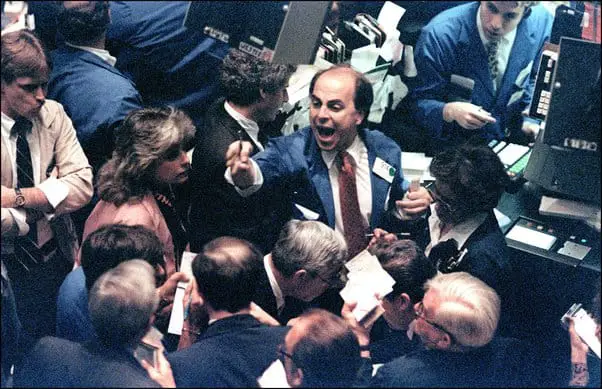Most stock exchanges globally adhere to a Monday through Friday trading schedule, closing on weekends. Yet, some regions, particularly those observing non-Western weekends, operate on different days, including parts of the Middle East:
- Tel Aviv Stock Exchange (TASE) in Israel: Uniquely positioned, TASE operates Sunday through Thursday, aligning with the Israeli workweek. As a result, it remains open on Sundays but closes on Fridays and Saturdays, making it one of the few stock exchanges active on a day that is typically part of the weekend in most other countries.
- Dubai Financial Market (DFM) and Abu Dhabi Securities Exchange (ADX) in the United Arab Emirates: These exchanges cater to the regional Sunday-Thursday workweek, opening on Sundays and closing for the weekend on Fridays and Saturdays. This schedule reflects the Islamic workweek, which is common in many Middle Eastern countries.

Is the Stock Market Open on Saturdays?
No, stock markets are not open on Saturday. All major stock exchange marketplaces are closed on Saturday. Tel Aviv Stocks Exchange and Dubai Financial Market (DFM) operate at non-standard times during the Sunday- Thursday workweek and are closed on Saturdays.
Outside these regular stock exchange operations, certain international markets might open on Saturdays for specific trading activities, such as futures or options contracts. These sessions are generally tailored for institutional investors rather than the general public and might not be accessible to individual traders. It’s worth mentioning that trading on weekends, even where available, tends to see reduced activity compared to regular weekdays. This is partly because major global markets like those in the US, Europe, and Asia follow a Monday-Friday schedule, influencing worldwide trading patterns.
Investors interested in weekend trading should also consider that access to brokerage services and the ability to execute trades might be limited outside of standard trading hours. Many online platforms and brokers may not support weekend trading, or if they do, traders might face reduced liquidity and wider spreads.
Stock markets are typically closed on Saturdays for several historical, operational, and practical reasons:
- Historical Conventions: The five-day trading week has its roots in historical traditions and conventions. Initially, stock exchanges operated six days a week, including Saturdays. However, as workweek norms evolved towards a Monday-to-Friday schedule, stock exchanges aligned their operations with these broader societal shifts, favoring a two-day weekend to give traders, investors, and employees time off.
- Operational Efficiency: Closing on weekends, including Saturday, allows exchanges and trading firms to perform maintenance on their technical systems, update software, and prepare for the upcoming week. This downtime is crucial for ensuring that trading platforms and infrastructure remain robust and efficient, minimizing downtime during trading hours.
- Work-Life Balance: A five-day trading week helps balance work and life for professionals involved in the stock market, including traders, brokers, and exchange employees. This break is essential for reducing burnout and stress, contributing to overall well-being and productivity during trading days.
- Market Liquidity and Participation: Due to lower participation rates, trading activity decreases significantly on weekends. Institutional and individual investors are less active, which can lead to reduced liquidity. Lower liquidity can result in higher volatility and wider bid-ask spreads, making trading conditions less favorable. By closing on Saturdays, stock markets ensure that trading occurs during higher participation, promoting more stable and liquid market conditions.
These reasons collectively contribute to why stock markets globally observe a closure on Saturdays, aligning the trading schedule with broader economic, social, and technological considerations.
In recent articles, we covered European stock market open and close times, US market open and close, and Asian market open and close. Additionally, we presented S&P 500 trading hours, best forex sessions, when the forex market opens, and where the forex market closes on Friday. Finally, we explained when the stock market is open on Saturdays and when it is open on Sundays.
























